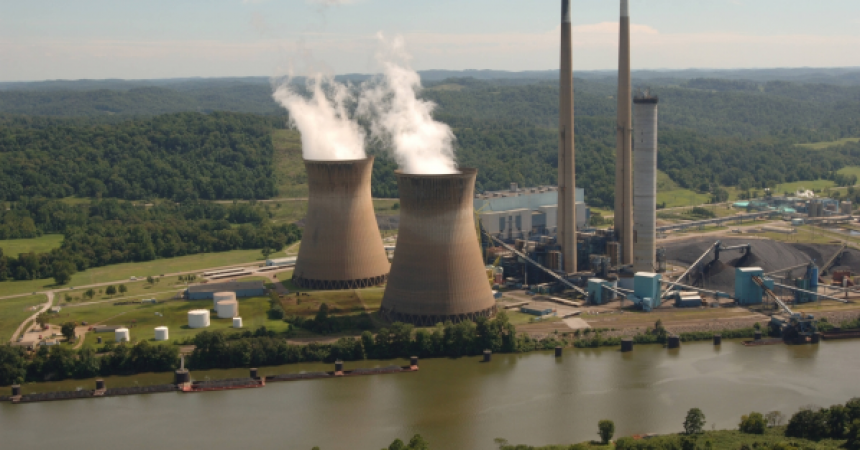
New Delhi: Nuclear energy has advantages and disadvantages. The following are some of the benefits and drawbacks of nuclear power:
Benefits of Nuclear Power:
Low greenhouse gas emissions: Nuclear power plants do not release carbon dioxide or other greenhouse gases during electricity generation, making them a low-carbon energy source. This can help in mitigating climate change.
High energy density: Nuclear power has a high energy density, meaning it can produce a significant amount of electricity from a small amount of fuel. This makes it an efficient source of energy.
Continuous power generation: Nuclear power plants can operate continuously, providing a stable and reliable source of electricity. Unlike renewable energy sources like solar and wind, which are dependent on weather conditions, nuclear power can provide a constant power supply.
Fuel availability: Uranium, the primary fuel used in nuclear reactors, is relatively abundant and widely available in many countries. It is estimated that there are sufficient uranium reserves to meet the world's energy needs for several decades.
Job creation and economic impact: Nuclear power plants require skilled workers and create job opportunities in various sectors, including engineering, construction, operations, and maintenance. Additionally, nuclear power can contribute to economic growth and energy security in countries with nuclear capabilities.
Also Read: Why China doesn't like using Taiwan's microchip technology
Drawbacks of Nuclear Power:
Radioactive waste: Nuclear power generates radioactive waste that remains hazardous for thousands of years. Proper long-term storage and disposal of this waste is a significant challenge. The potential risk of accidents or leaks also raises concerns about the release of radioactive materials into the environment.
Safety risks: Although nuclear power plants are designed with multiple safety features, accidents can still occur. Major incidents like the Chernobyl disaster in 1986 and the Fukushima Daiichi accident in 2011 highlighted the potential dangers and long-term consequences of nuclear accidents. Ensuring the safety of nuclear facilities requires strict regulations and comprehensive safety measures.
High initial cost: Building a nuclear power plant is capital-intensive and requires significant upfront investment. The construction of nuclear facilities often faces cost overruns and delays, making nuclear power comparatively expensive to establish.
Limited uranium resources: While uranium reserves are currently sufficient, the long-term sustainability of nuclear power depends on the availability of fuel. As demand increases, future uranium supplies may become more limited, leading to higher costs and potential geopolitical issues.
Also Read: Why chatgpt and AI are bad choices for article writing
Nuclear proliferation and security risks: The use of nuclear technology for power generation can raise concerns about nuclear weapons proliferation. The enrichment and handling of uranium or plutonium for peaceful purposes can be diverted towards developing weapons. Ensuring the security of nuclear materials and preventing their misuse is a critical challenge.
When assessing nuclear power's place in the energy mix, it is crucial to take into account both the advantages and disadvantages of the technology. A thorough evaluation of security, safety, waste management, and long-term sustainability should be done before making any decisions about the use of nuclear power.